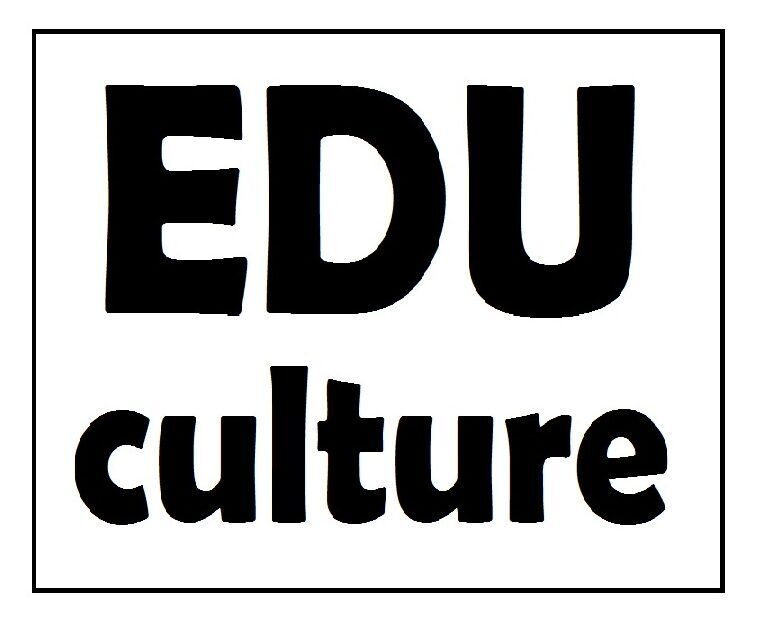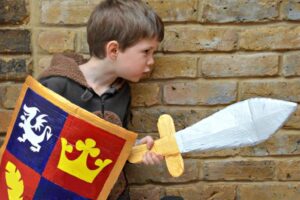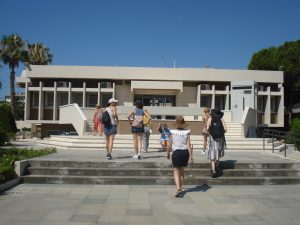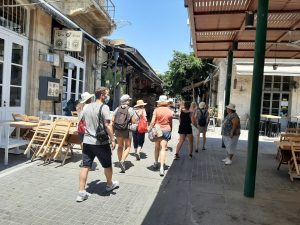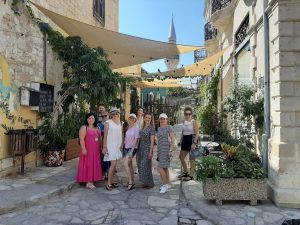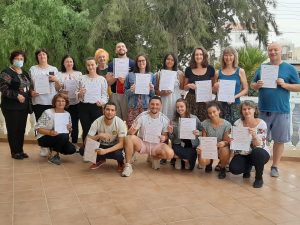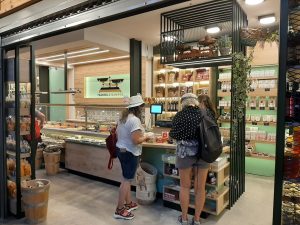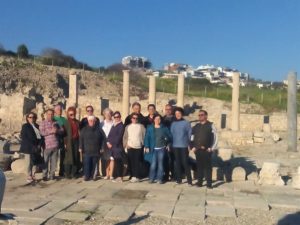DISCOVERING LOCAL CULTURAL HERITAGE- History, mythology, legends and traditions (6-DAY/ 7-DAY COURSE) LIMASSOL
Description
The cultural heritage is the memory of people’s living culture and takes different forms, both tangible (monuments, landscapes, objects) and intangible (languages, know-how, performing arts, music, etc.). The study of local cultural heritage is encouraged by all educational systems. Students discover their own cultural origins and recognise the many different influences in history that shaped their national and European identity. Students become more able to build a cultural dialogue with locals and other people; they learn to appreciate the cultural heritage and take care of it as a treasure bequeathed to us by our ancestors, and they feel it is their duty to transmit it more accurately to new generations.
This 6-day course gives participants theoretical background as well as practical guidelines for utilisation of tangible and intangible resources in teaching and learning; and to integrate activities and implement programmes across the areas of curriculum and school life. Discussions, site visits and group work will enrich sharing ideas and exchange of practice between participants. There is also the possibility to extend the course to 7-day.
Objectives
During the course, participants will:
• become familiar with the theoretical framework related to cultural heritage
• get in touch with institutions and organisations for the promotion of cultural heritage and their utilization as sources for collecting data
• learn ways to create students' experiential relationships with the past
• explore techniques of approaching historical events, mythology, legends and traditions, and utilization of tangible and intangible heritage
• explore activities that help students get inspired and create; appreciate and experience emotions for tangible and intangible heritage
• learn techniques that motivate students to learn and research and become active European citizens promoting their local culture & European identity
• examine the use of ICT tools for collecting data; sharing data & communication; for creative activities
• visit sites, museums, monuments etc. and organize activities/ programmes.
Methodology
The working methods that are used are highly practical and participatory. The experiential method is used to encourage the search for contemporary pedagogical theories and teaching approaches. The hands-on approach is used to examine real examples, case studies, surveys and simulations. The group activities foster mutual learning, cooperation and collaboration between participants. The discussions encourage sharing ideas, intercultural dialogue and the exchange of good practices between the participants. Social, networking and cultural activities give participants the opportunity to establish professional cooperation and links with teachers, staff, schools and organisations in Europe. At the end of the course, participants fill in an e-questionnaire for evaluation.
Preparation
After confirming registration, participants will be informed about the details of the course (arrival, daily programme etc.). Participants will be able to introduce themselves and bring a few examples of activities/ programmes implemented by their school/ community in historical sites, museums and other cultural places.
Course schedule
DAY 1
• Warm up activities
• Terminology and concepts
• Cultural heritage & lifelong learning skills
• Activities for team building
• Institutions and organisations for the promotion of cultural heritage
• Visit to Kourion archaeological site
• Discussion about activities in archaeological sites.
DAY 2
• Visit to Limassol Old city center, Carob Mill Museum, Medieval Castle & Museum and other monuments.
• Doing activities in the city center.
• Data collection for the group work
DAY 3
• Heritage & Curriculum in some EU countries
• Methods of approaching historical events, mythology, legends and traditions,
• ICT tools for collecting data
• Utilization of tangible and intangible heritage
• ICT tools for sharing data & communication
DAY 4
• Learning from sites
• ICT tools for creative activities
• Activities in museums and monuments
• Learning from objects
• Activities that help students get inspired and create
• Examples of activities
DAY 5
Visit to
• Theatrical Museum
• Archaeological Museum.
• Discussing activities in museums
• Practicing the use of apps and data collection.
DAY 6
• Methods & techniques for museum and heritage education.
• Participants complete the group work, presentation of group work, review of the course, certificates.
DAY 7 (optional)
• TOUR TO PAPHOS TOWN
It includes a tour with 5-stops (9:00 am- 5:00 pm)
• Tomb of the kings
• Catacomb of Agia Solomoni
• Paphos Archaeological Park with Roman mosaics
• Paphos Medieval Castle and port
• Petra tou Romiou (birthplace of Aphrodite).
Course fees
480 euro (6-day) & 560 euro (7-day)
Sessions
-
• 17.02.2024 - 22.02.2024
• 25.05.2024 - 30.05.2024
• 06.07.2024 - 11.07.2024 Confirmed
• 28.09.2024 - 03.10.2024
• 23.11.2024 - 28.11.2024
• 14.12.2024 - 19.12.2024
• 15.02.2025 - 20.02.2025
• 24.05.2025 - 29.05.2025
• 12.07.2025 - 17.07.2025
• 30.08.2025 - 04.09.2025
• 15.11.2025 - 20.11.2025
• 06.12.2025 - 11.12.2025
